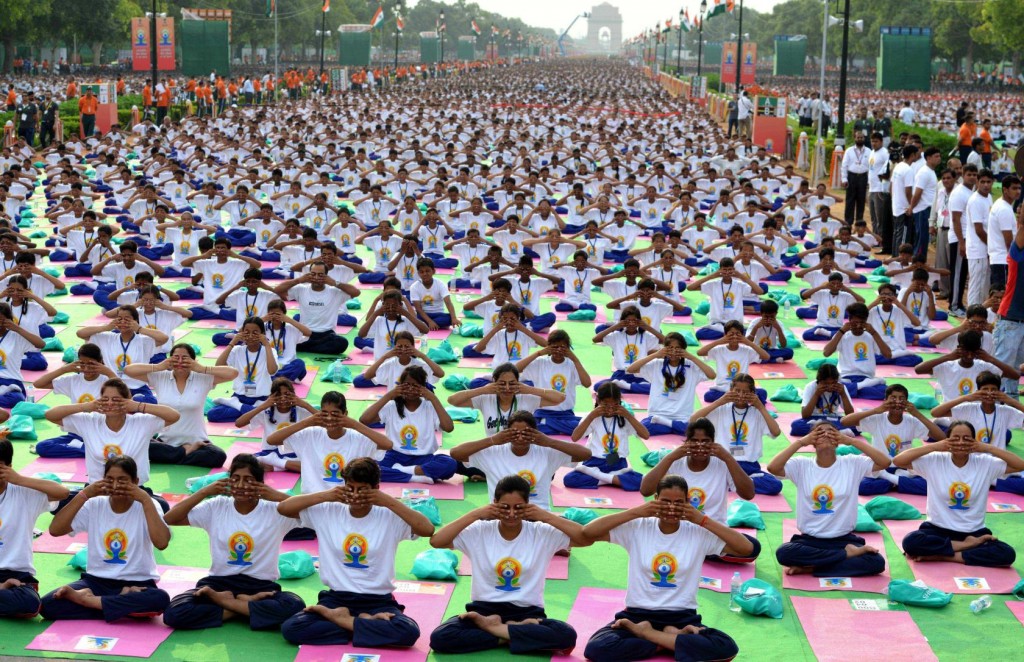Standards in services sectors will soon be made a critical component at the levels of the Union and the State governments with particular focus initially on yoga and healthcare, says the Commerce Ministry.
In a note, the Ministry said that as part of capacity-building in yoga, the government — with the help of the Quality Council of India (QCI), the nodal body on quality standards — was aiming to “certify around 50,000 yoga professionals within the next three years for Level 1 and Level 2”.
Pointing out that “accreditation [of hospitals] is vital in healthcare,” the Ministry said an incentive scheme would be conceptualised for accreditation of smaller hospitals. The ultimate aim was to ensure that accreditation reaches “all hospitals including smaller hospitals [tier 2 tier 3 levels]”.
Terming yoga “India’s gift to the world”, the Commerce Ministry — in its presentation at the recent ‘Standards Conclave 2016’ it jointly organised with the Confederation of India Industry — said, “India must now provide leadership in providing neutral third party-certified yoga professionals,” adding that there was a need to “strengthen [yoga] certification process in general as well.”
The Ministry of AYUSH (Ayurveda, Yoga and Naturopathy, Unani, Siddha and Homoeopathy) and the QCI had in June 2015 announced a scheme for voluntary certification of yoga professionals. So far, a little over 10,000 yoga professionals have registered for it, out of which 300 have been granted the certification.
The Commerce Ministry said it was necessary to “create a system for accreditation of certification bodies around the world which in turn can certify yoga professionals and yoga schools”.
Standards in services sector, the Ministry said, were discussed for the first time at an industry-government interaction during the ‘Standards Conclave 2015’. Services standards were also taken up at five regional standards conclaves, it said. A decision was taken to focus initially on three sectors — tourism, higher education and healthcare — to achieve better standards as these sectors have immense potential.
A CII note stated that the role of standards will become a “very important aspect” determining global services trade in the future. “This [services standards] is still a nascent area in India and there are not much international standards available in services,” the note said. “The key issues are sectors where there is a desirability of services standards from the perspective of enhancing India’s role as an exporter of services; and development of services standards as an important tool for developing consumer confidence and harmonisation with ISO service standards.”
Phased approach
Pralok Gupta, assistant professor, Centre for WTO Studies, Indian Institute of Foreign Trade, wrote in the CII paper on ‘Challenges of Standards and Technical Regulations’ (presented during the ‘Standards Conclave 2016’) that the government “should encourage standards at least in those sectors more prone to consumer safety and security… As standards adoption is a time and resource consuming process, the government should implement standards in services in a phased manner.”
Prof. Gupta said: “In the first phase, those export-oriented services can be focused … [where] awareness about international standards exists at least to some of the service providers and consumers… In the second phase, services that are important for exports, but lacking standards, such as logistics, can be targeted to adopt internationally acceptable standards.”
Source: 50,000 yoga professional to be certified in 3 years – The Hindu

